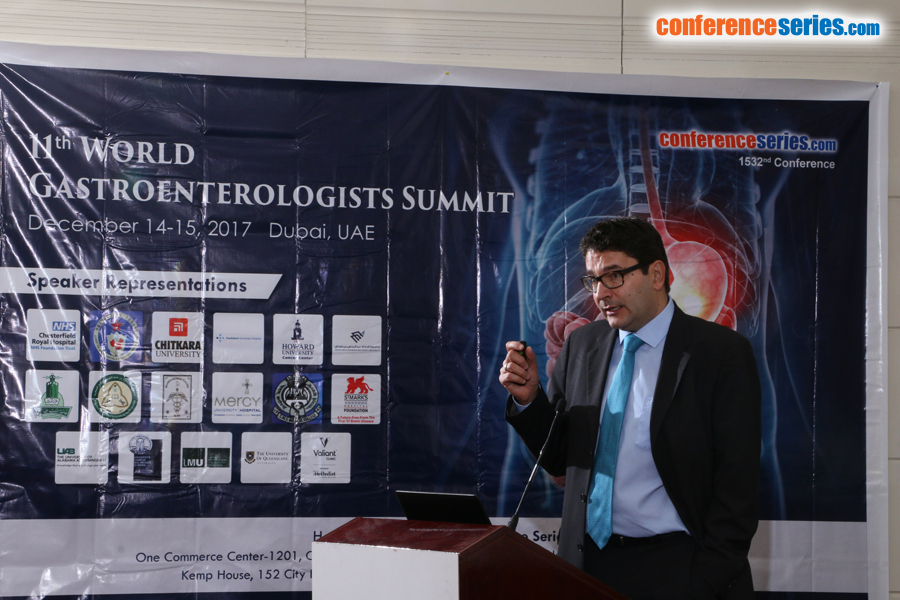
Michael S Kasparek
University of Munich, Germany
Title: Long-term quality of life of patients with permanent end ileostomy: Results of a nationwide cross-sectional survey
Biography
Biography: Michael S Kasparek
Abstract
Background: Patients with permanent end ileostomy are at high risk for detrimental stomal effects on their quality of life (QoL). However, there are little data regarding long-term QoL in these patients.
Objective: To assess long-term QoL in patients with permanent end ileostomy.
Data Sources and Study Selection: A cross-sectional survey of 1,434 patients with permanent end ileostomy registered at the German self-help organization, ILCO.
Main Outcome Measures: Assessment of QoL was performed according to the Short Form (SF-)36, including physical (PCS) and mental component summary (MCS) scores, Gastrointestinal Quality of Life Index (GIQLI), and the Cleveland Global Quality of Life Index (CGQLI). Multivariate risk factor analysis was performed.
Results: A total of 783 responders were included. The indications for ileostomy included ulcerative colitis (44%), Crohn’s disease (38%), and colorectal cancer (7%). Adverse effects in daily life due to stoma were reported by 72% of participants. QoL was significantly impaired compared to the general population on all summary scores and several subscales (PCS: 44.6±10.4 (Mean±SD) vs. 50.2±10.2, P<0.001; MCS: 47.5±10.7 vs. 51.5±10.2, P<0.001; GIQLI: 94.4±16.4 vs. 126.0, P<0.001). Stoma care problems were reported by 63% of respondents to affect QoL, including parastomal hernia (P<0.001), stenosis (P=0.003), and prolapse (P=0.0078). Vitamin-B12, iron, and zinc deficiencies were also associated with diminished QoL, with vitamin-B12-deficiency particularly associated with reduced mental and emotional QoL. The profound negative effect of stoma care problems and deficiencies was confirmed by multivariate analysis.
Conclusions: QoL was markedly impaired in patients with permanent end ileostomy compared to the general population. The main reasons were stoma-associated morbidity and deficiency syndromes. These findings emphasize the importance of prevention, screening, and adequate treatment.
Speaker Presentations
Speaker PDFs
Speaker PPTs Click Here

